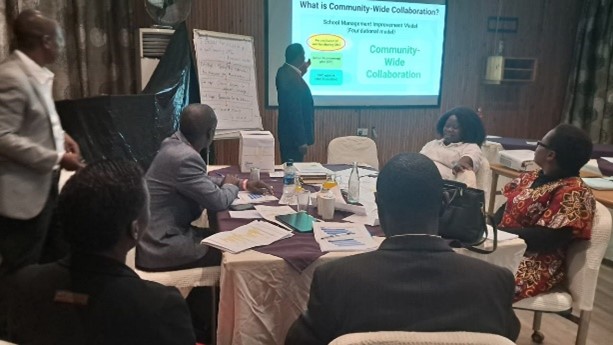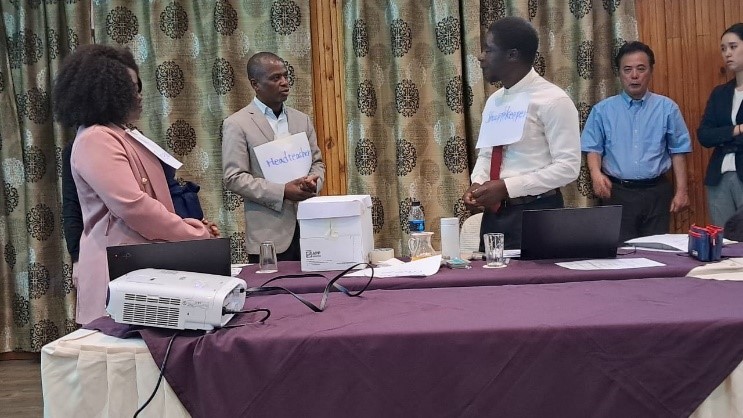Malawi Successfully Launches the School for All project.
2023.12.28
JICA’s Human Resource Development agenda is strategically positioned as one of the cornerstones of its development cooperation. JICA embarked on this agenda because of its strong belief that education is a fundamental right that should be enjoyed equally by all people, and it is the foundation for building sustainable social and economic development.
The ‘School for All’ initiative, which is centered on the principle of community-wide collaboration, is one of the tested and approved approaches for bringing comprehensive positive results on improving learning outcomes for children.

It is an approach that been tried in other countries in Africa where parents and communities understand the value of education and trust the school. After the successful adoption of the approach in Niger which started the program in 2003, Malawi is the 10th country to implement this ‘School for All’ initiative.

The approach uses a cascaded model to achieve its outcomes packed with simulations that depict real life situations in the schools and communities they serve. This approach was pre-tested in this country in 2021 in some selected schools in Lilongwe district and the results were impressively positive.
The extended version of the School for All initiative started its operations in May 2023 and it is expected to run up to 2028. The Ministry of Education has high hopes that the extended version of the program will reach out to millions of children through involvement of more schools and communities.
At the inaugural session of the project, the Director of Basic Education highlighted that the project, which is in line with the reform agenda set up by the ministry to promote quality governance and management in schools comes at the time when they have been looking for expertise and leadership to manage the process. Barely six months into the implementation of the project, community members involved in the project have already seen impressive developments in the schools as shown through commitment of the community members to work together to address education related issues without expecting financial and material support from the government.
After the pilot phase, which is underway in Kasungu district, which is one of the 34 educational districts, the project is expected to roll out to three districts and eventually go national as the process of learning and adopting from experience dictates the process.

scroll